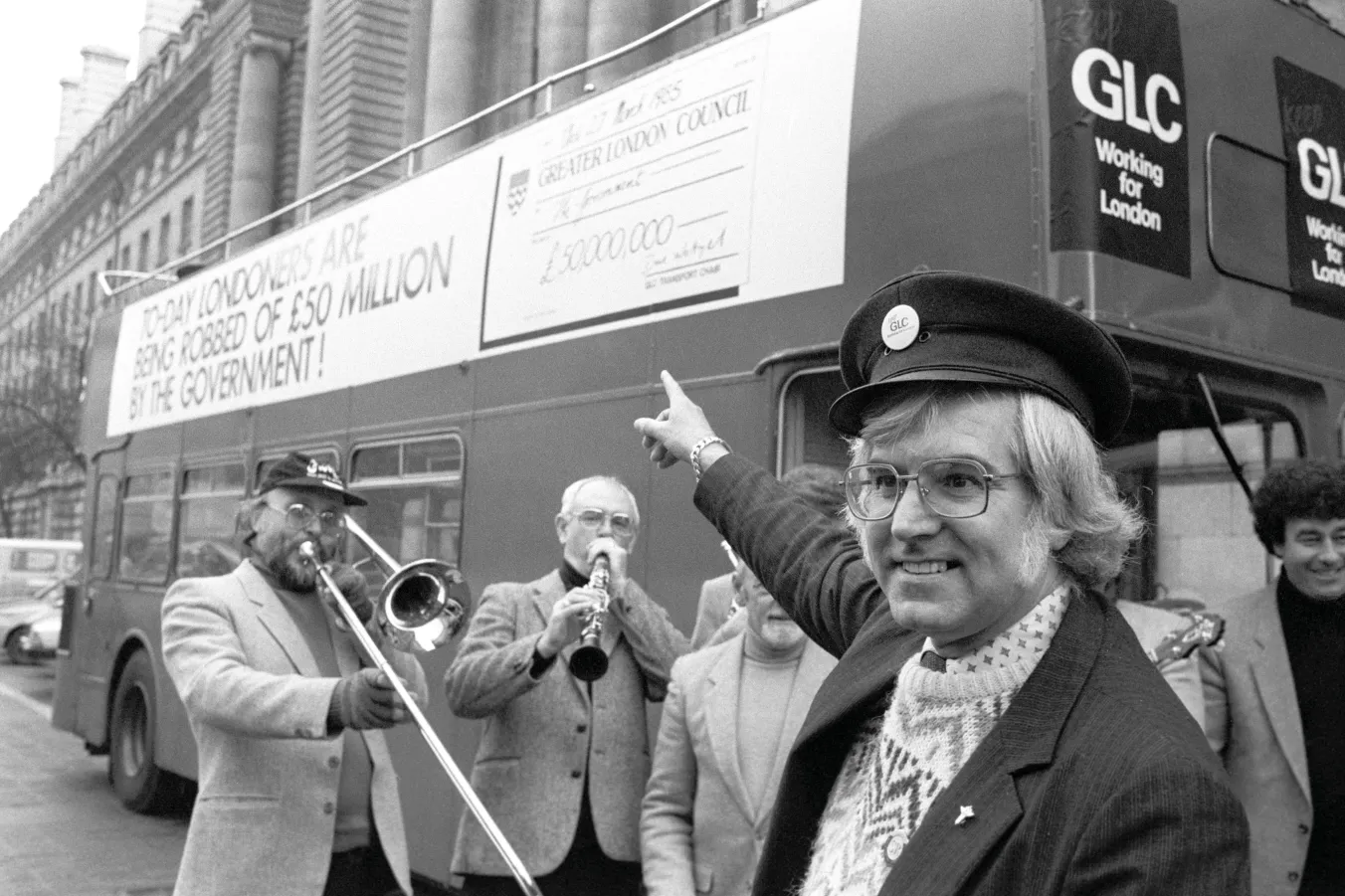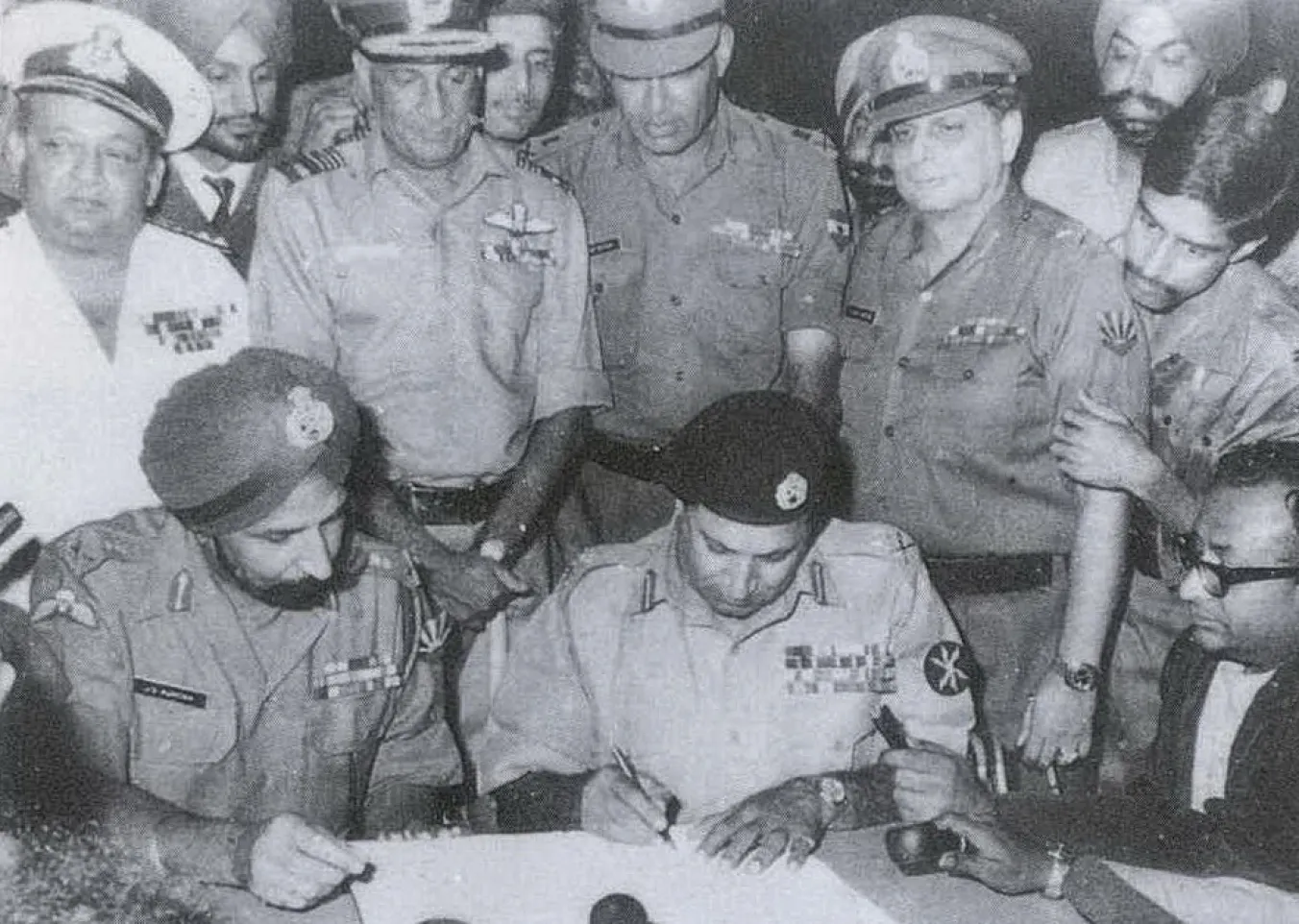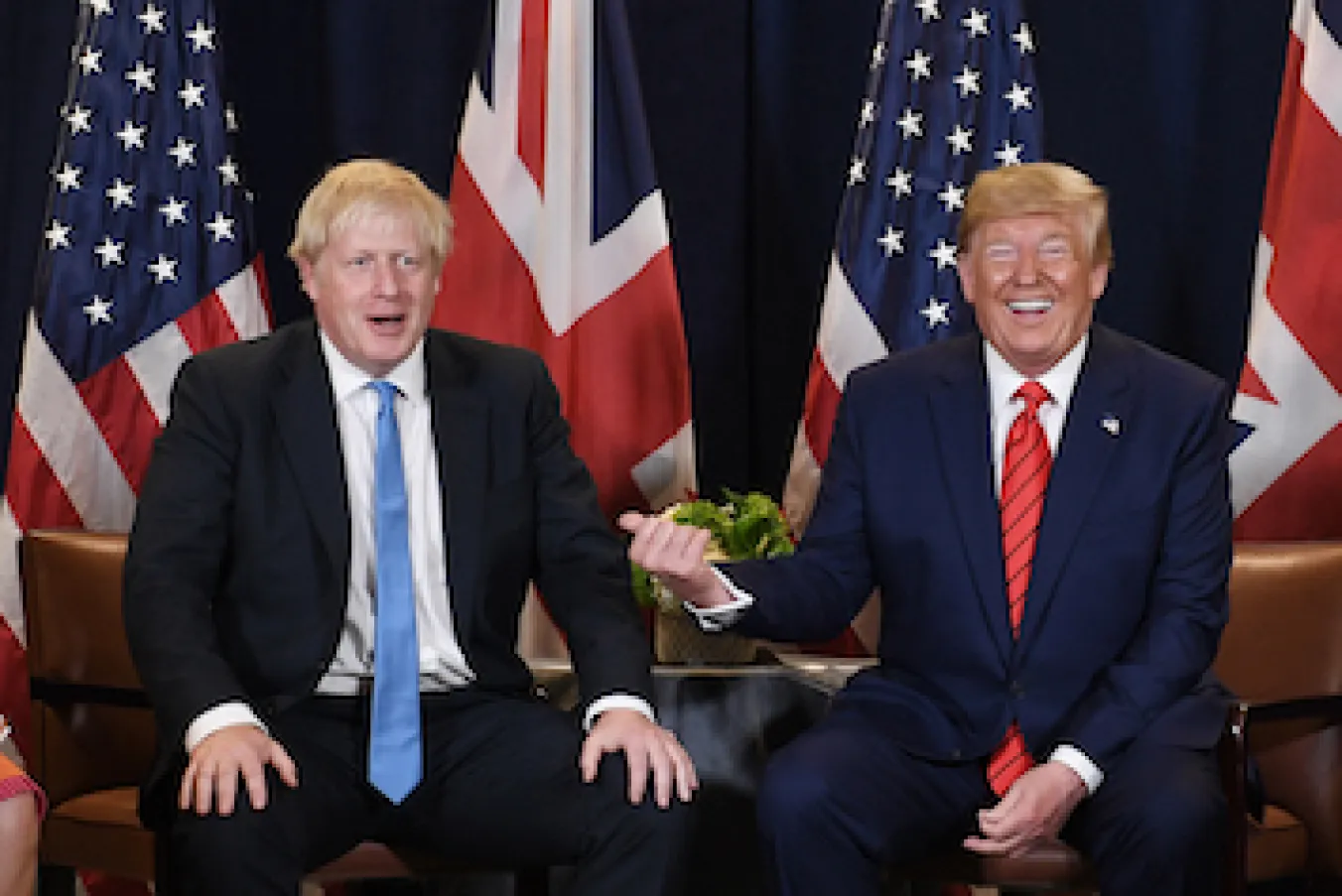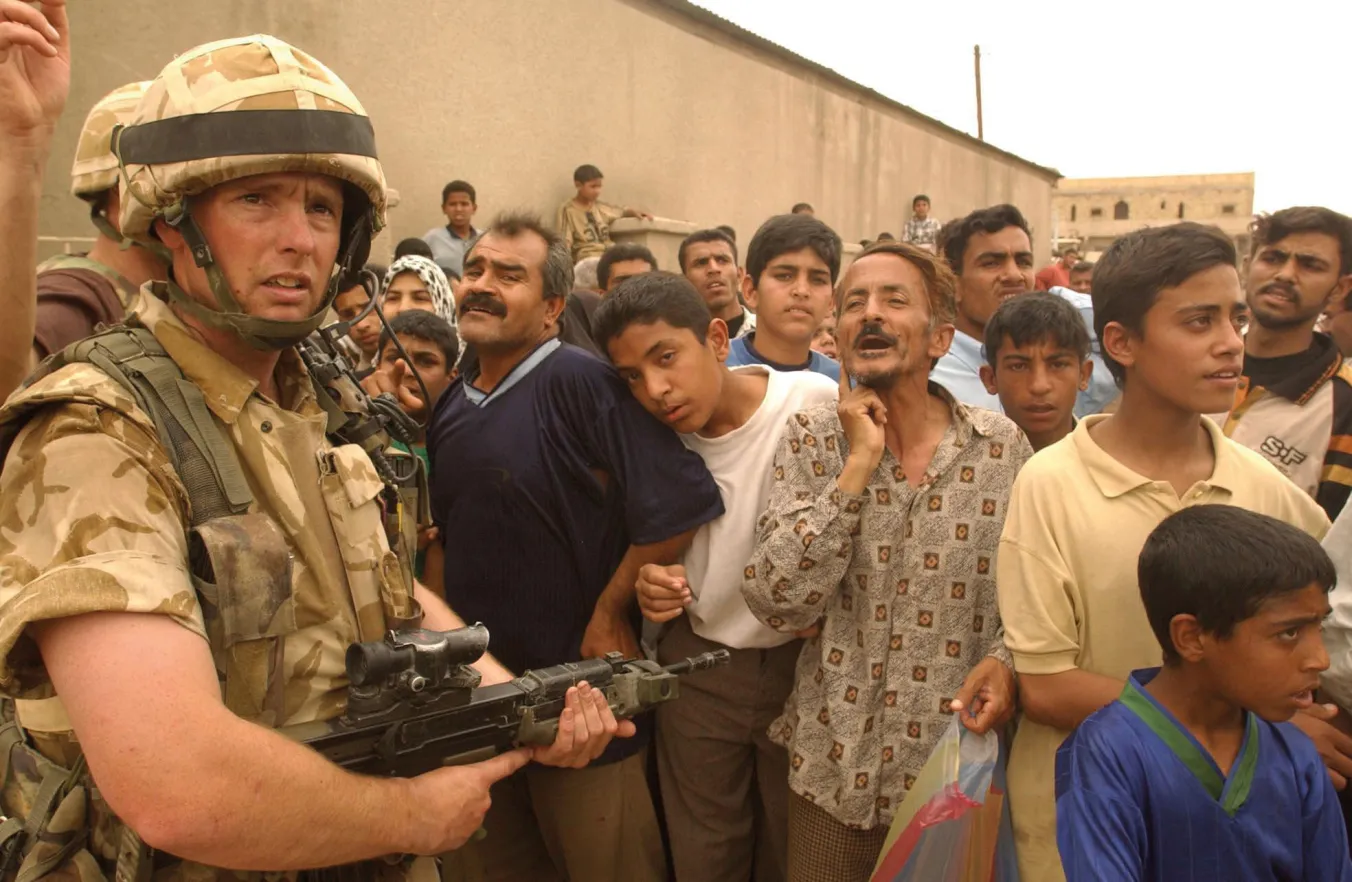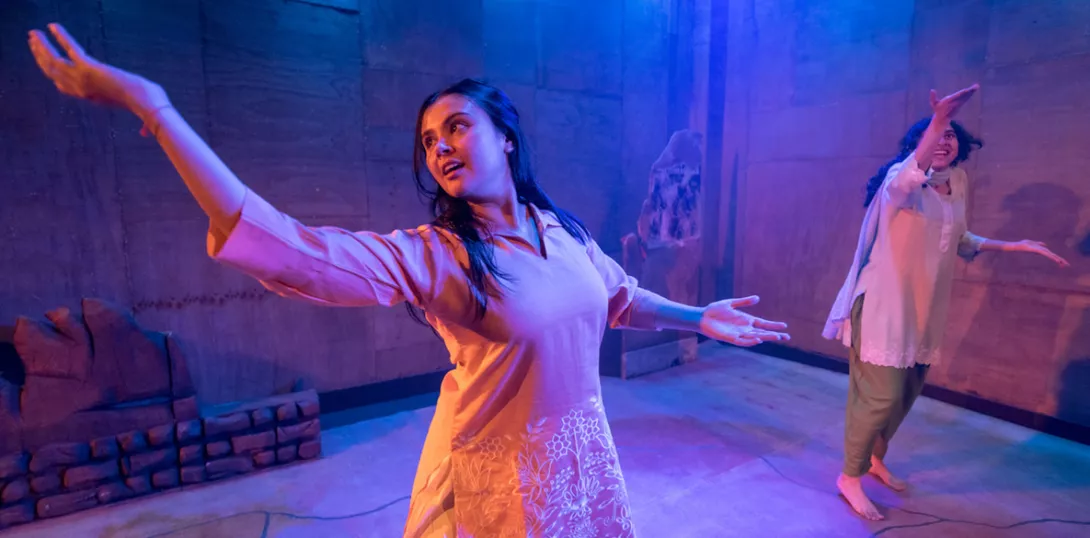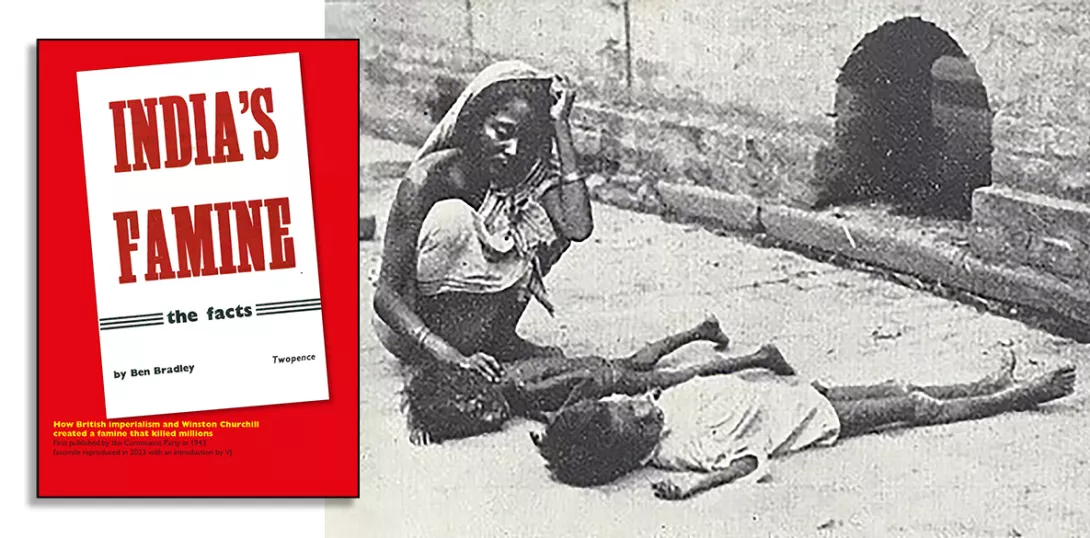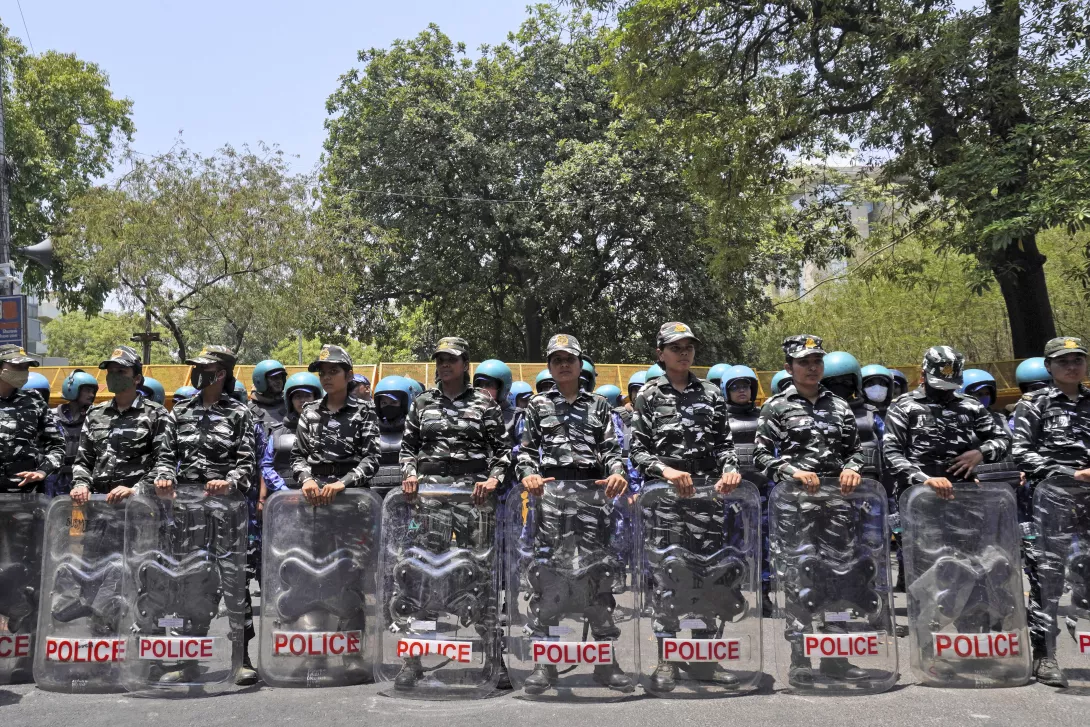
IN the run-up to the Indian subcontinent’s 75th anniversary of independence from British rule this week, Channel 4 screened the two-part documentary, India 1947 Partition in Colour, which tells us about the characters involved in the decision to partition.
I’ve been riveted for the past two Sunday nights. It beats Richard Attenborough’s film Gandhi, which portrays “jolly good fellows just getting it wrong” — a current that informs most British commentary on partition, where it is discussed at all.
The first part of Partition in Colour goes into great detail about the personal relationships between the lead characters behind partition and how these may have influenced partition itself, even to suggest that “Mountbatten and Nehru were attracted to each other on a romantic level” — but that is best not to dwell on too much.
